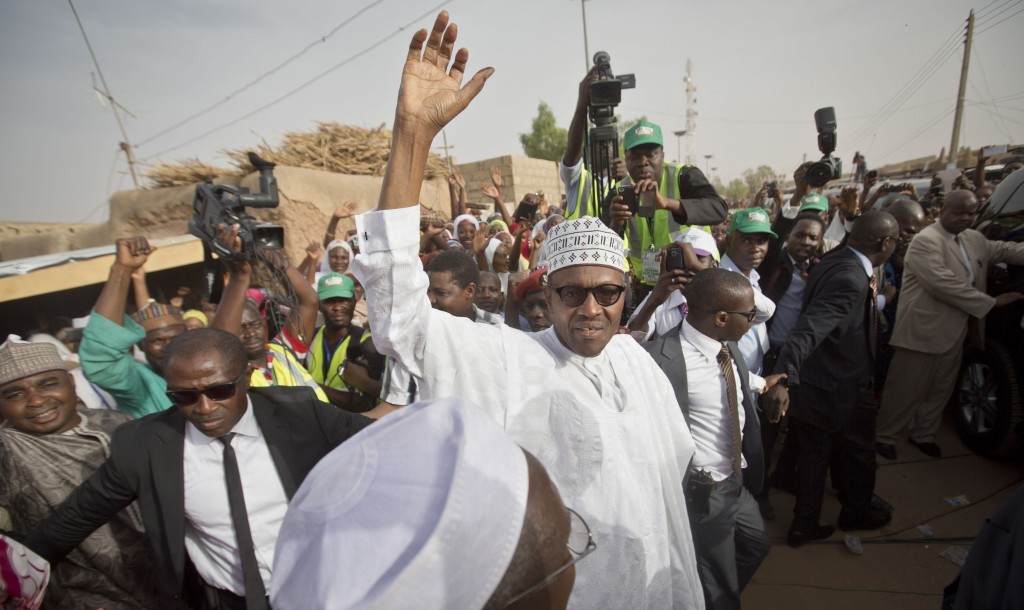
President Muhammadu Buhari’s decision to control Nigeria’s oil industry emphasises the significance that the sector has for the country.
The decision also emphasises the centrality of oil to the likely success or failure of his Presidency.
This is because Buhari’s achievement in becoming the first opposition leader to democratically defeat an incumbent President was in large part due to his reputation as incorruptible.
Over the last 10 years Buhari has stated that $150 billion dollars has been stolen from the Treasury. The emphasis on the energy sector can be explained by the country’s overreliance on oil revenues which accounts for between 80 and 90% of Nigeria’s earnings.
Hence Buhari entered office with high expectations that he was going to confront corruption across Nigeria generally and within the oil sector in particular.
With weak governance the industry is poorly regulated and corrupt ministers and officials have siphoned off billions and billions of pounds across upstream and downstream. However the problem is by no means recent.
Instead graft has deep roots that arguably stem from the initial surge of oil revenues into the newly independent Nigeria that had yet to develop robust and engrained governance arrangements. Subsequent attempts to tackle corruption have largely failed.
Buhari has clearly decided that his government will be more likely to succeed if he is in charge of reforming the Ministry with a junior minister assuming day to day responsibilities.
Some structural changes have already been implemented.
The largely inefficient Nigerian National Petroleum Corporation, riddled with corrupt practices and personnel, has been reorganised. A number of senior posts have disappeared and the organisation has been split in two.
Further reforms are expected once Buhari reviews the impact of initial changes and gains further insight into the extent of the corruption.
In addressing the inefficiencies and corruption there are numerous challenges.
The depth and breadth of corruption will require extensive analysis and long term programmes.
And although Buhari has held high level positions in the energy sector, the last was in the 1990s. Hence he will have to rely on particular officials both for information and implementation.
At present it is doubtful that he has sufficient intelligence to be able to confidently know who he can and cannot rely upon to deliver the reforms. And in the meantime Buhari needs some quick wins.
His high profile attempts to recover billions of the stolen oil revenues may provide some scapegoats to initially satisfy expectations. However recovering the bulk of the money will be hugely problematic and relies on the extensive cooperation of the notoriously secretive banking sector.
Over the longer term the oil reforms and anti-corruption drive have to succeed in order both to help address Nigeria’s huge economic and social challenges while safeguarding Buhari’s political reputation. Were he to fail then trust in Nigerian democracy and politicians would be further undermined.
And oil would become reignited as a focal point for radical groups offering violent solutions.
Stephen Vertigans is head of the school of applied social sciences at Robert Gordon’s University in Aberdeen
Recommended for you
